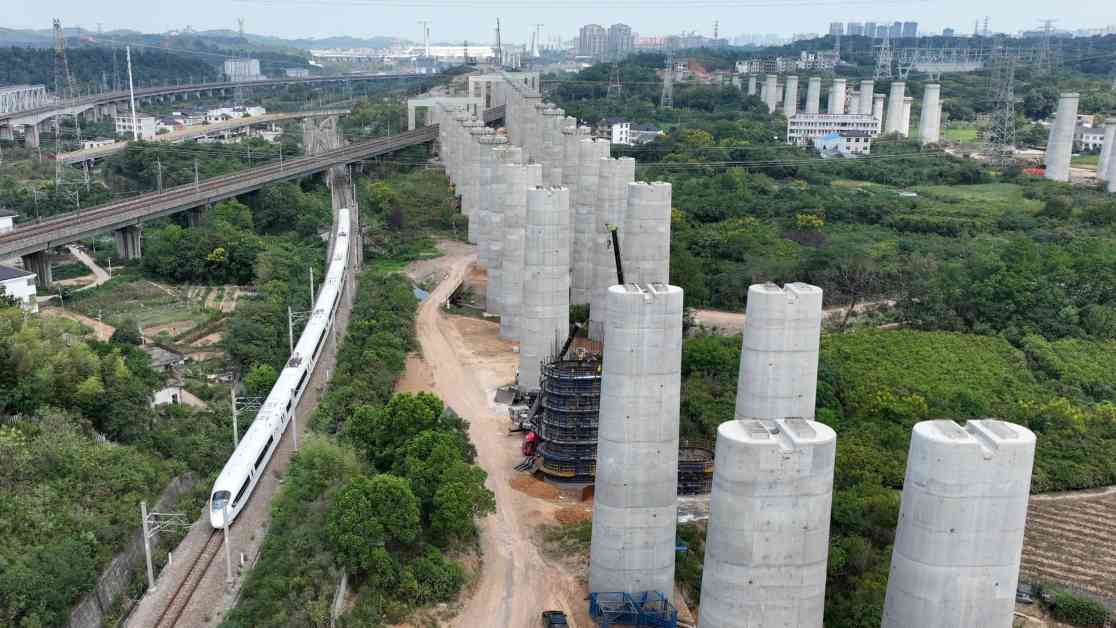China’s economy is facing significant challenges due to the impact of local government debt issues on economic growth. The country’s real estate market slump has had a profound effect on consumption, with many households seeing their wealth tied up in property investments. As Beijing cracks down on developers’ reliance on debt, property values are falling, leading to a reduction in land purchases and a decline in local government revenue at the district and county level.
Recovery from this economic downturn is expected to take three to five years, according to analysts at S&P Global Ratings. Delays in revenue recovery could prolong efforts to stabilize debt levels, which continue to rise. Macroeconomic headwinds are hindering the revenue-generating power of China’s local governments, particularly in terms of taxes and land sales.
Efforts to recoup revenue have put pressure on businesses, with local authorities digging into historical records to identify potential tax discrepancies. Dozens of companies have been ordered to repay taxes dating back to the 1990s, ranging from millions to hundreds of millions of yuan. This crackdown on unpaid taxes has caused an uproar online and further damaged business confidence in an already fragile economic environment.
In an attempt to diversify revenue streams, some provinces have seen non-tax revenue growth exceeding 15% year-on-year. This reflects the government’s efforts to find new sources of income amid increasing challenges. However, the pressure to recoup taxes from years past has left businesses with little incentive to hire or increase salaries, contributing to consumer uncertainty about future income.
As Chinese authorities seek to reduce debt levels, there is a growing debate on how to spur economic growth. While investment has been a longstanding focus, analysts suggest that a shift towards consumption-driven growth is necessary to boost revenue. However, policy changes are difficult to implement in China’s state-dominated system, particularly with local government-affiliated business entities taking on significant debt to fund public infrastructure projects.
Local government financing vehicles (LGFVs) have become a major concern, with many facing liquidity challenges and limited financial returns on infrastructure projects. Chinese banks are more exposed to LGFV loans than those of real estate developers and mortgages, highlighting the risks associated with these entities. The government is working to address these challenges and stabilize the financial system, but the complexity of the issue requires time and resources.
As China grapples with these economic challenges, it is crucial for policymakers to find a balance between addressing debt issues and promoting sustainable growth. The current focus on reducing debt levels must be accompanied by efforts to stimulate consumption and diversify revenue sources. By addressing the root causes of local government debt issues, China can pave the way for a more stable and prosperous economic future.

















